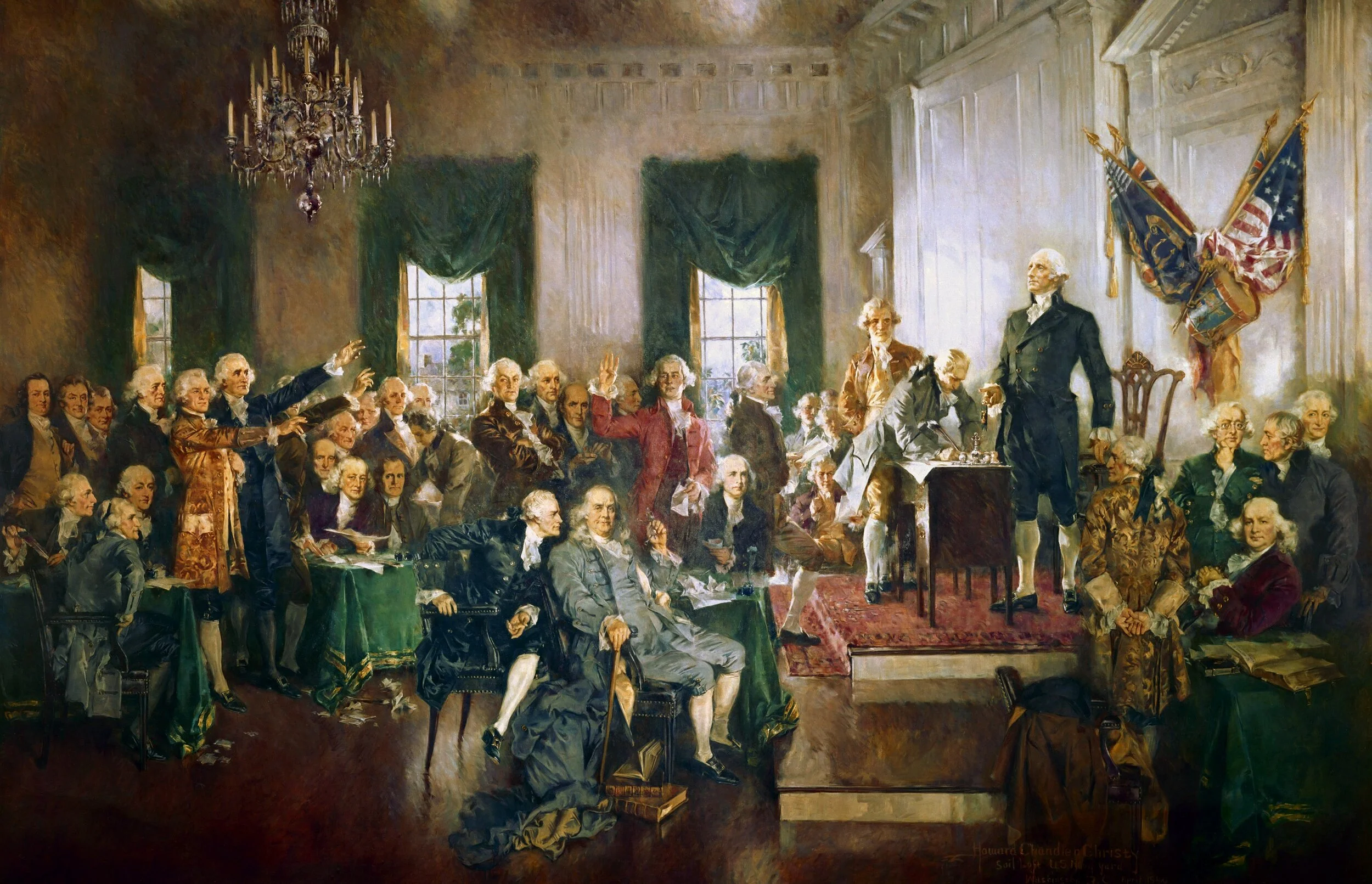A World of Problems
/This site teaches that the duties of citizenship oblige a person to take an interest in their community as well as their own personal welfare and interests. But no person is so linked to their community that they cannot keep their affairs in order. Everyone has a right to mind their own business. Sadly, that very right and proper attitude is viewed by some commenters as a national defect:
Americans are incurious at the best of times about the world around them. When our attention is taken up with domestic crises, real or imagined, we are the most insular people on the planet. As we stitched together fantasies of insurrection and civil war this month, the people of Ethiopia continued to experience the reality.
This paragraph appeared on Sunday, January 24, 2021, and was written by Matthew Walther and published in The Week. Walther is, generally-speaking, a right-leaning writer. There’s nothing wrong with being right-leaning. But in this case, Walther has spoken falsely.
“We are the most insular people in the planet.”
False. Walther offers no evidence of this, and I can attest, having traveled in four continents and lived in three, that this is not true. Most people everywhere think first and foremost about their own local and national concerns. Americans are unremarkable in their interest in their own affairs.
“fantasies of insurrection”
Walther is gaslighting. He is trying to trick the reader into thinking that insurrection is/was a fantasy. The violence of January 6, 2021 was a “failed’ insurrection, but it was not “fantasized.” It really happened. And he is trying to make Americans think, only two weeks after the events of 1/6/21, that they imagined it.
Walther injects those two gross misstatements in an article that makes a case for US involvement in Ethiopia. The country is poor and badly administered. Fighting between factions has led to rumors of massacres. So, Walther reasons, the American government needs to do something.
I believe that addressing the crisis in Ethiopia should number among President Biden's top priorities. After years of being told that the foreign policy of his predecessor, who somehow managed to be the first president in a decade and a half not to drag the United States into a major war or create an international refugee crisis, was reckless and irresponsible, it is time we were reminded what competence looks like.
Here, Walther equates “competence” with foreign entanglements. He oversimplifies the criticism of Trump, making is sound as if someone thinks failing to start a war what “reckless and irresponsible,” and ignoring the actual errors of Trump’s foreign program.
After urging the US to get into Ethiopia, Walther admits he doesn’t know what the US should do.
Most US presidents come into office (as Biden has done) with a domestic agenda — things they aim to accomplish here at home. Most US voters choose the candidate they’ll support because of their domestic promises.
But most presidents find it necessary to set their domestic plans aside and instead get involved in some far away country. The best example of this was George W. Bush, who strongly wanted to be a domestic president. He was pulled into global matters in a big way by the Al Qaeda terrorist attacks of September 11, 2001. Trump managed to avoid the lure of war.
Joe Biden is finding his way around the White House and starting to develop his agenda. And immediately and predictably, he is being urged to look overseas.
It is difficult to say why this urged shift is so predictable. There is an ideological perspective that insists the US should aggressively promote its policies around the world, and sees opportunity in every moment of turmoil. It could be that Walther is writing from that perspective. It is also possible that Walther is simply moved by a pure and decent compassion for suffering abroad. A third possibility is that, as a supporter of the Republican Party, Walther doesn’t want Biden to accomplish his programs, and he sees foreign entanglement as a means of thwarting Biden’s program.
Whatever the reason, it is unfortunate. A right-thinking person will work hardest to keep their own household in order. They should not go volunteer for Habitat for Humanity when their own roof leaks. They should never cease to care about the wider community, and they should welcome opportunities to learn about, and lend a hand to, other communities. But they should get their own house in order first.
Urging restraint on the part of the government is not negligent or uncompassionate. There are serious needs around the world and a good person ought to try to help. Concerned citizens can find effective ways to help needy people in other countries through charities, church groups or direct action. My own household supports charitable efforts in six different countries with monthly donation. Two members of my immediate family are overseas right now.
I’m not saying citizens shouldn’t care. I’m saying that the impulse to want government action in every trouble spot around the globe is a mistaken policy.









